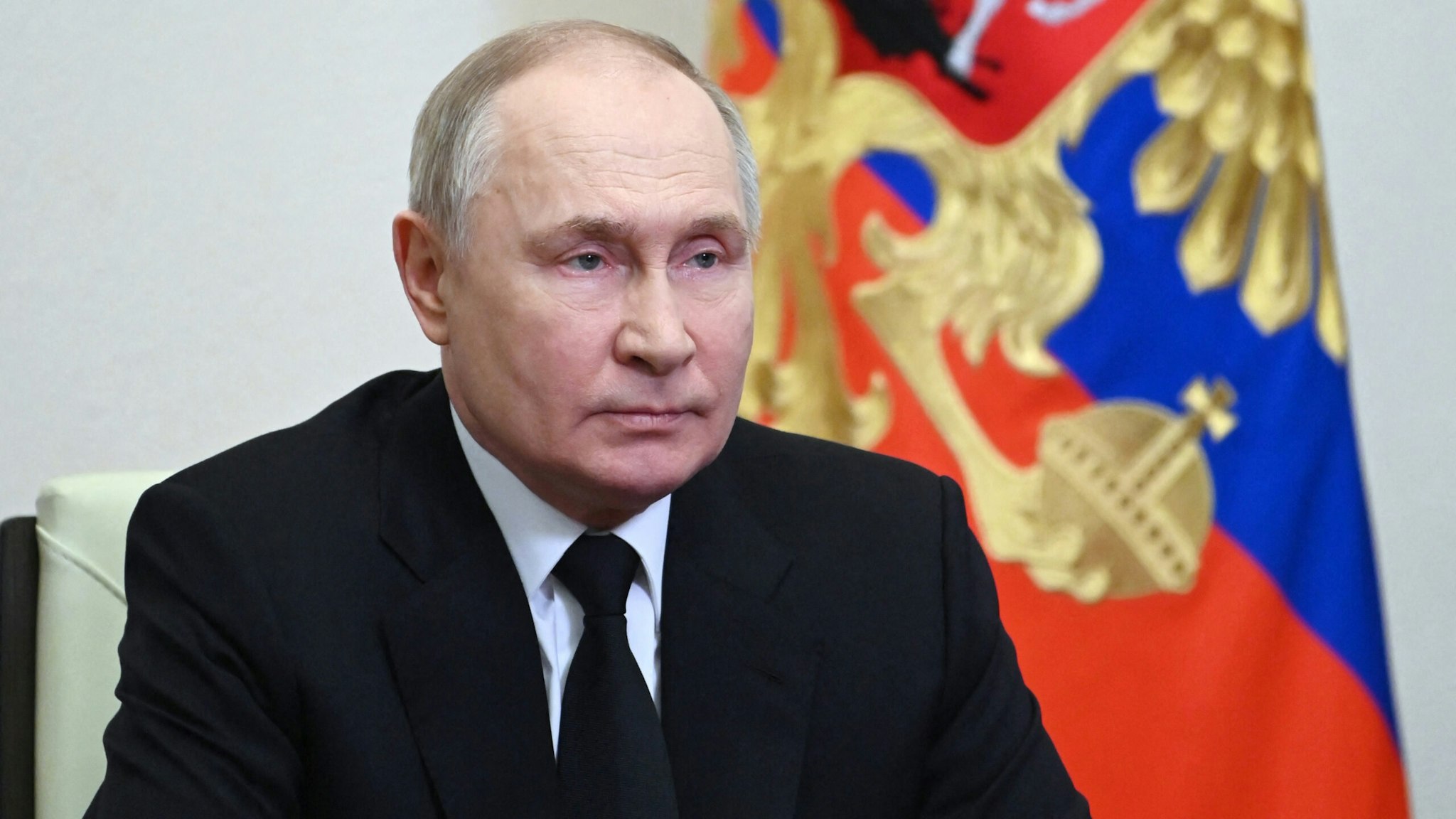 PAVEL BYRKIN / POOL / AFP via Getty Images
PAVEL BYRKIN / POOL / AFP via Getty Images
Two undersea internet cables appear to have been severed in Europe this week as officials warn of potential Russian sabotage against Western infrastructure as it looks for an advantage in its war against Ukraine.
A nearly 750-mile cable connecting Germany and Finland, which just joined NATO last year, stopped working during the early morning hours on Monday.
“We are deeply concerned about the severed undersea cable connecting Finland and Germany in the Baltic Sea,” the two countries said in a joint statement. “The fact that such an incident immediately raises suspicions of intentional damage speaks volumes about the volatility of our times.”
The countries said that an investigation was already underway and warned that Europe’s security was “not only under threat from Russia‘s war of aggression against Ukraine, but also from hybrid warfare by malicious actors.”
“Safeguarding our shared critical infrastructure is vital to our security and the resilience of our societies,” they added.
A 135-mile undersea internet cable stopped working on Sunday that connected Lithuania and Sweden, which just joined NATO earlier this year.
Lithuania’s Telia Lietuva Chief Technology Officer Andrius Šemeškevičius said: “The cable was cut on Sunday morning, at around 10:00.”
Carl-Oskar Bohlin, Sweden’s minister of civil defence, told the media on Monday that it was critical that authorities quickly learn why the two cables were no longer working.
There was no official indication that sabotage was to blame as investigators still worked to locate the exact area where the cables were cut.
However, given the rugged design of the cables, human activity was almost certainly to blame for the damage, experts said. The fact that two separate cables were damaged in the span of less than 24 hours — each of which connected two different NATO members — raised fears of sabotage.
Related: Western Intel Officials: Russia Behind Arson Attack At German Factory
Source link

